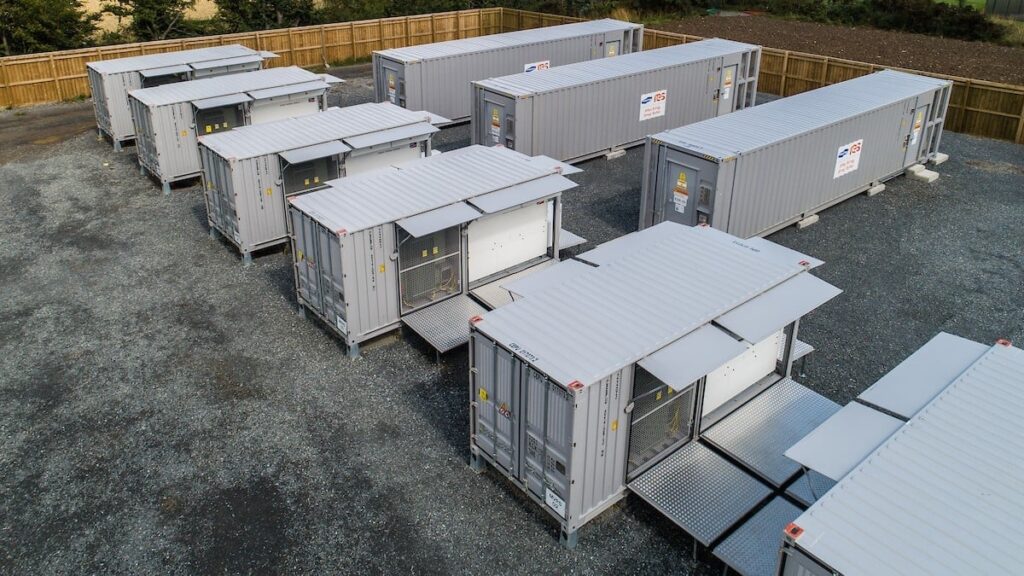
A partner at a major UK law firm has said the UK is ‘likely’ to mirror EU regulations for end-of-life batteries in years to come.
Speaking to our sister site Energy-Storage.news, Suriya Edwards, construction and engineering partner at law firm Freeths, highlighted some of the major issues with the lack of legislation for the end of batteries’ lifespan, in BESS or EV applications, as well as the ways in which EU policy is leading the charge on environmental responsibility for batteries.
The EU recently introduced the Batteries Regulation, a piece of legislation that requires all batteries to contain minimum levels of recycled content and created the Battery Passport, a digital register of every single battery made in the EU. Each created battery is tagged with a QR code containing information on its manufacturing and material content, making recycling these batteries much easier.
Current UK legislation leaves significant loopholes allowing unscrupulous developers to avoid responsibility at the end of a project’s lifespan. The current statutory requirements for decommissioning batteries, which assign responsibility for disposing of, recycling or reusing end-of-life BESS systems, expire after just one year, well before any grid-scale BESS project would ever be decommissioned.
As such, Edwards believes that the UK will eventually bring in something similar to the EU’s Batteries Regulation to close the end-of-life battery loophole, calling this possibility “not certain, but more than a hunch”.
She notes: “I would be very surprised if we did not have a consistent approach which mirrors the EU in this respect, both in terms of perhaps even establishing our own in-house internal industry to recycle or working cross-border with the rest of Europe on it. And if you look at all the different reporting and disclosures standards coming into the UK it will be useful to have a mechanism that records that stuff for batteries, like the EU’s Regulation does.”
The full conversation with Suriya Edwards is available on our sister site, Energy-Storage.news, with a Premium subscription.

